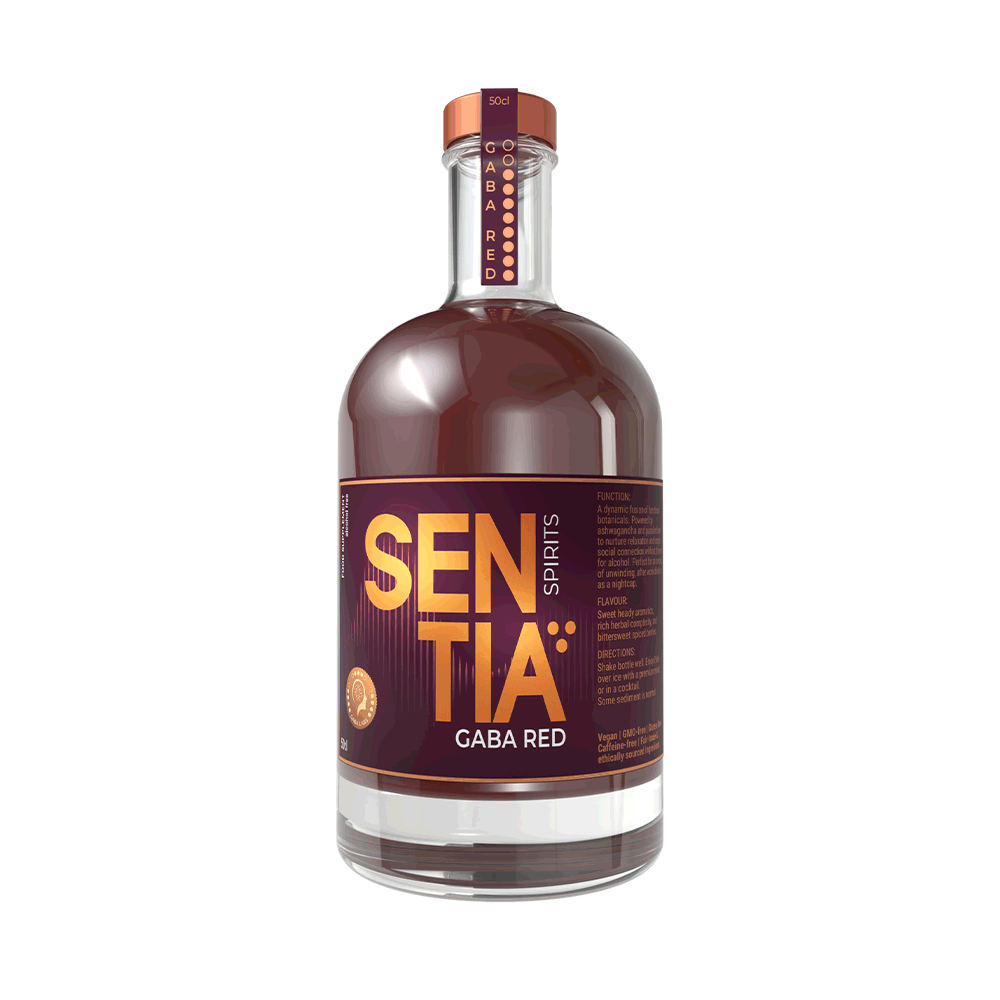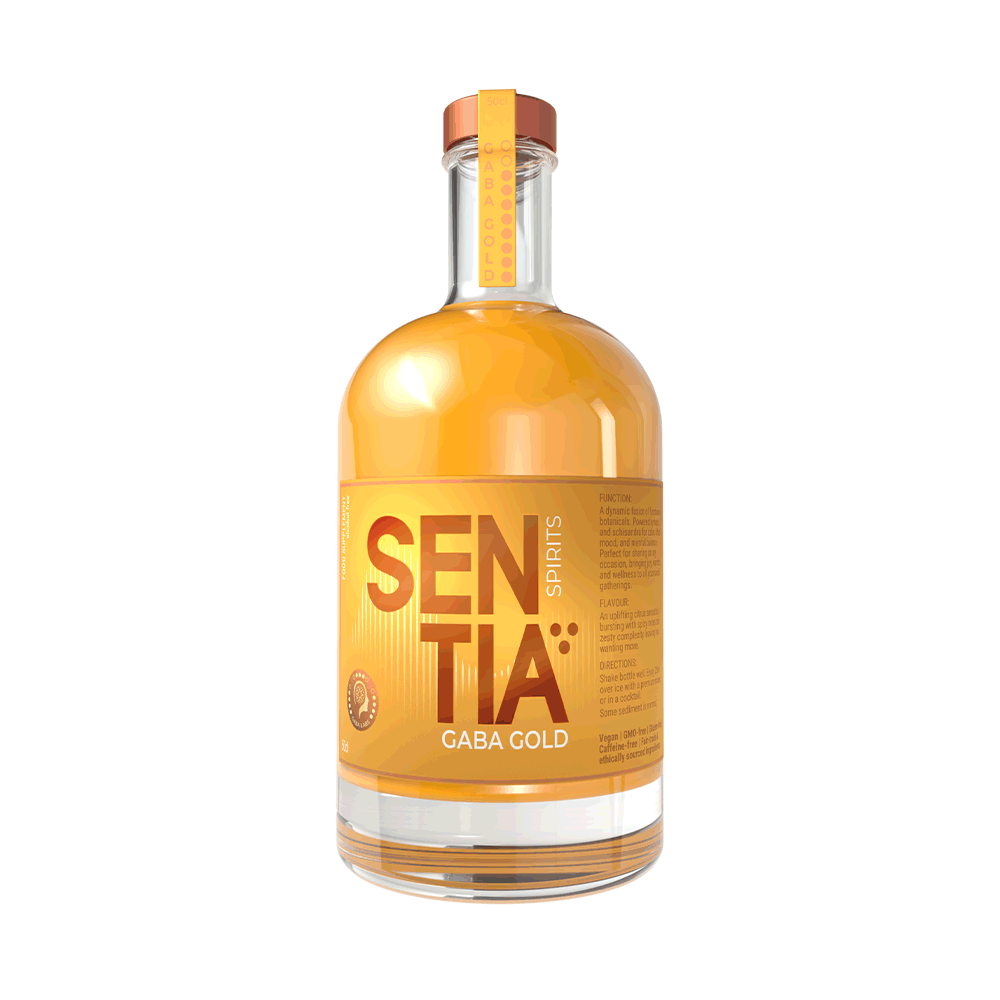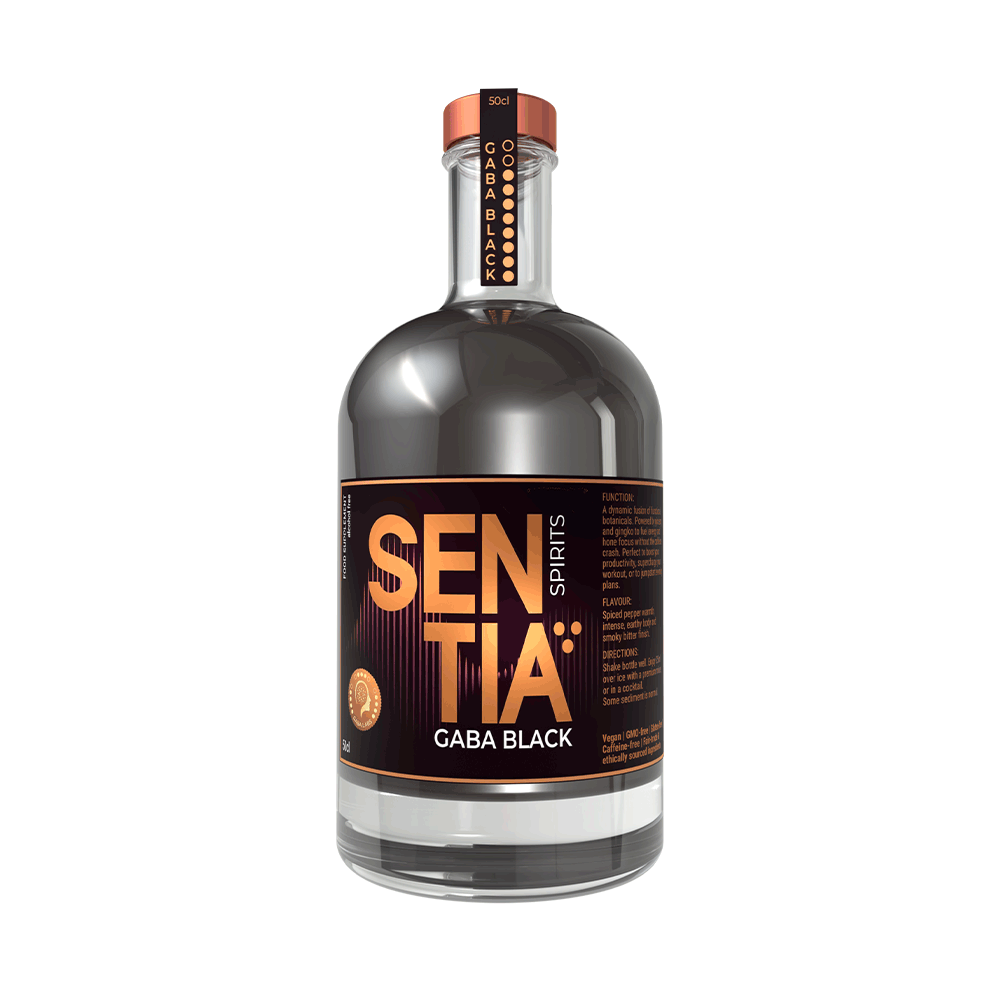Unearthing the Origins of Whiskey up to its Non Alcoholic Alternatives
“Sláinte mhath le uisge beatha!” As the gaels used to say—or “to good health, and whiskey!” For the rest of us.
Whiskey, whisky, or whiskie?
There’s a lot of acrimonious debate about the origins of this famous amber liquid. Irish scholars maintain it made its way from Ireland to the world. The welsh claim it as theirs. The Scottish… Well, they’ve certainly got the branding in the bag. Whilst no-one can really say who invented whiskey, or whisky, if you prefer—because no one person really did, we can muster our history books, trowels, and little pick-axes and get to the bottom of the barrel to see what we can find.
A Holy Liquid
The word whiskey likely comes from the Gaelic term “usque baugh”, which like the Arabic “al-kohl” means “water of life.” This appears to turn up in the Gaelic lexicon around the beginning of the 13th century, with whiskey itself not arriving until very late in the day—the earliest we see it in common use in English is around 1715. But that doesn’t mean that whiskey or its liquid ancestors are merely 300 or so years old, far from it.
Distillation is pretty ancient in itself. When Aristotle described something like distillation in 350BCE he was very late to the party. There’s evidence of Chinese distillation a good 500 years earlier, and the ancient Egyptians had assembled the technology as early as 1500BCE. It was the Arabic empires that turned distillation into a booming commercial industry from around the 10th century.
Ancient Ales & Neolithic Narcotics
We can take things back quite a lot further though. The basic method of making whiskey requires that you malt (soak and germinate barley), mash (extract all those important sugars), and ferment before you can get to distilling anything. In effect you make a primitive beer. And as far as primitive beers go, the earliest evidence of deliberate fermentation in Europe goes back well before even Egyptian ales. Archeologists have unearthed neolithic settlements in the Scottish Orkney Isles that show evidence of the fermentation of barley, oats and a rather eye-watering cocktail of psychoactive plants (Henbane, Hemlock, and Deadly Nightshade). You probably wouldn’t want to sample a glass of this ancient ale, which was likely used for specific ritual purposes, rather than a night at the pre-historic pub.
Some Lethal Precursors
Fast-forward to 1200 and spirits turn up in equally unpalatable recipes in the English speaking world with a lethal sounding recipe for brandy, containing quicklime (highly corrosive), sulphur (I’m getting heady notes of rotten eggs), and potassium hydroxide (again, not something you want to get anywhere near your mouth).
By 1500 we find the Irish alchemist Richard Stanihurst waxing lyrical about “usque” a concoction he claimed could cure dropsy, shatter kidney stones, mend broken hearts, and even forestall aging. Whether or not this potion tasted anything like whiskey, we’ll never know.
The Scotch have it
We do however have some solid evidence for the birth of whiskey production. Trawling through the archives of the Scottish Exchequer, historians found the first written evidence linked to large scale distillation of barley in 1494, where over a thousand pounds, (or around 500 kilograms) of it was disbursed to a certain Frier John Cor “wherewith to make aquavitae”—latin this time, for the famous water of life. Old Friar John had enough barley to cook up a good 190 litres of whiskey.
By 1506 the Scottish King James IV was so enamoured of whiskey that he granted the Edinburgh Guild of Surgeon Barbers a monopoly on its manufacture—and thus Scotch Whiskey was born, though first as a medicine.
A functional alternative for World Whiskey Day
From the ancestral tools of brewing to the emergence of modern whiskey production, it seems the Scottish have it sewn up, at least technically. Whiskey has been with us for half a millennia, and we’re not about to call time on it here at Sentia. But if you’re taking a little break from the strong stuff, or just mixing things up a bit, head on over to our instagram for a lovingly created alcohol free and functional tribute to the fabled nectar of the gods.



